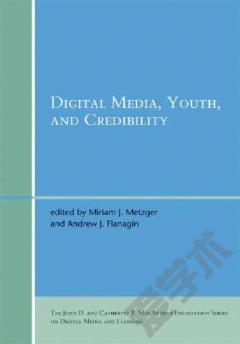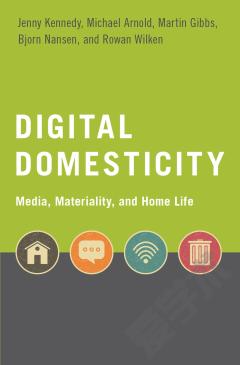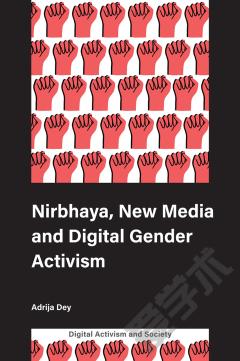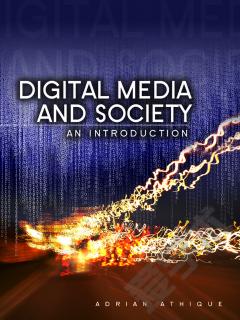Digital Media, Youth, and Credibility
The difficulties in determining the quality of information on the Internet-in particular, the implications of wide access and questionable credibility for youth and learning. Today we have access to an almost inconceivably vast amount of information, from sources that are increasingly portable, accessible, and interactive. The Internet and the explosion of digital media content have made more information available from more sources to more people than at any other time in human history. This brings an infinite number of opportunities for learning, social connection, and entertainment. But at the same time, the origin of information, its quality, and its veracity are often difficult to assess. This volume addresses the issue of credibility-the objective and subjective components that make information believable-in the contemporary media environment. The contributors look particularly at youth audiences and experiences, considering the implications of wide access and the questionable credibility of information for youth and learning. They discuss such topics as the credibility of health information online, how to teach credibility assessment, and public policy solutions. Much research has been done on credibility and new media, but little of it focuses on users younger than college students. Digital Media, Youth, and Credibility fills this gap in the literature. Contributors Matthew S. Eastin, Gunther Eysenbach, Brian Hilligoss, Frances Jacobson Harris, R. David Lankes, Soo Young Rieh, S. Shyam Sundar, Fred W. Weingarten
{{comment.content}}








 京公网安备 11010802027623号
京公网安备 11010802027623号